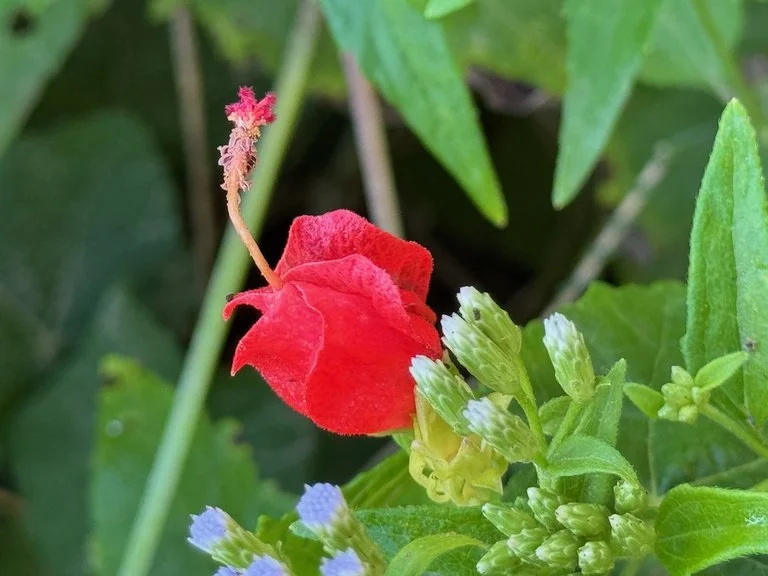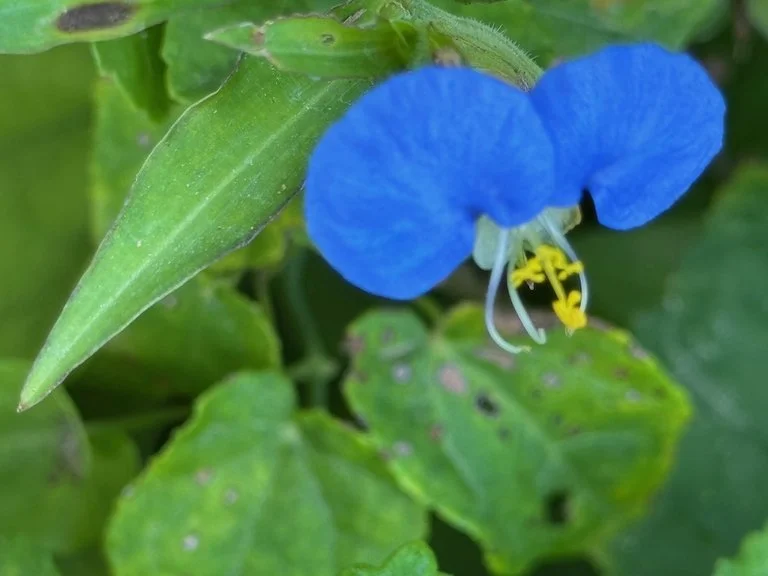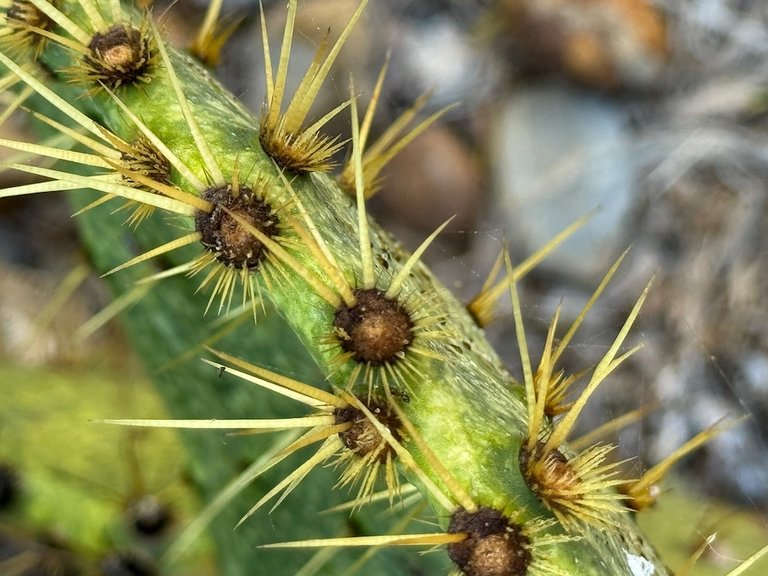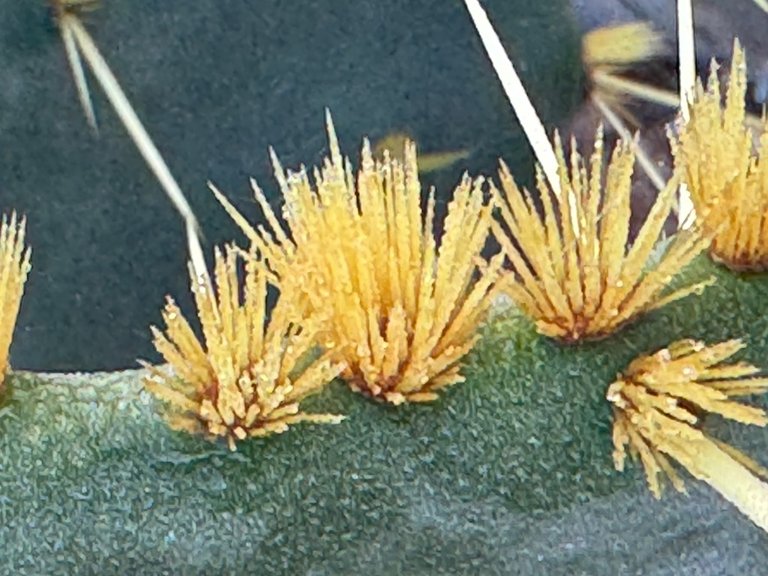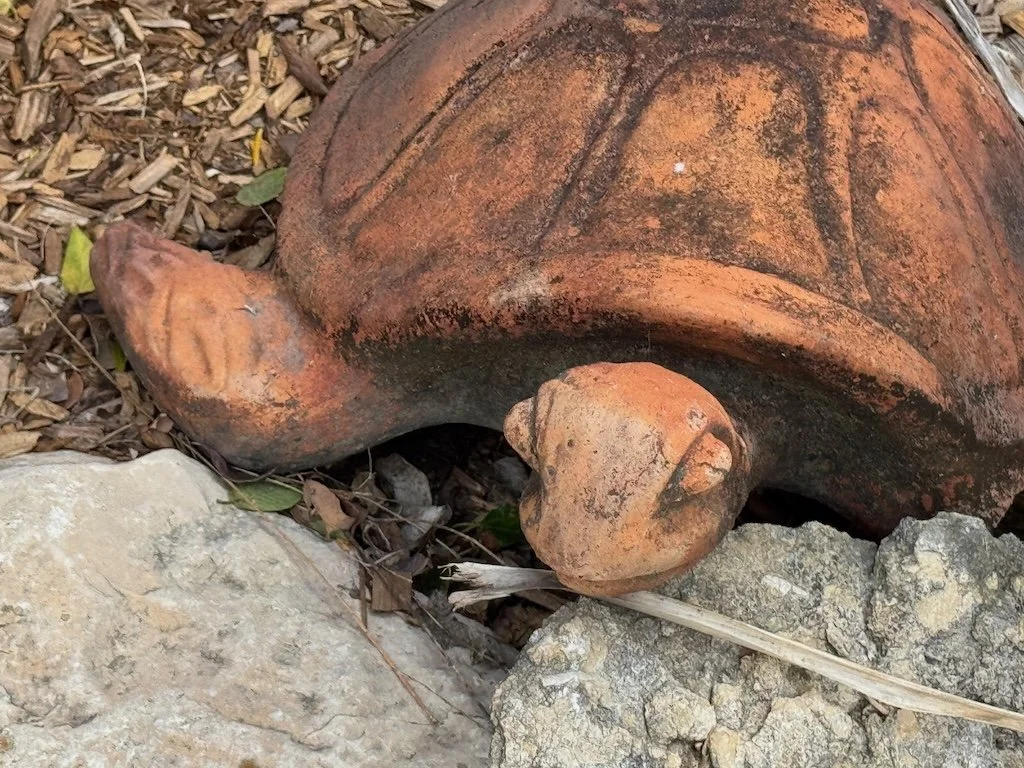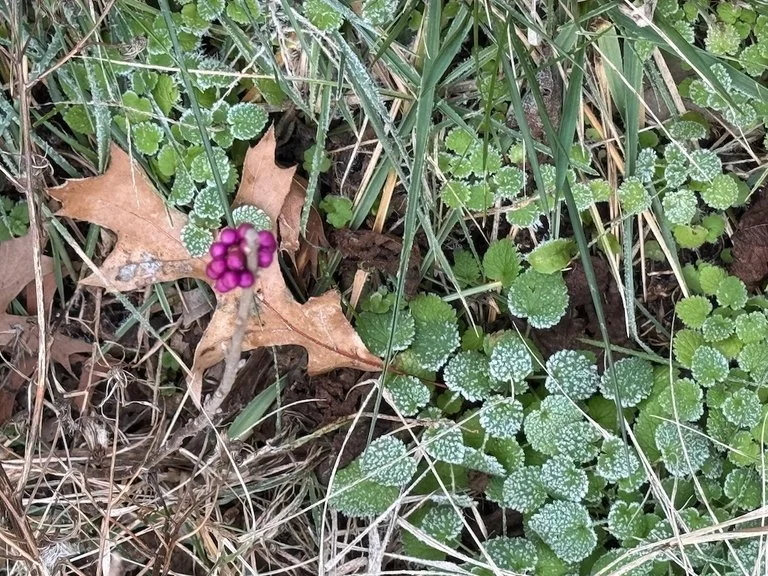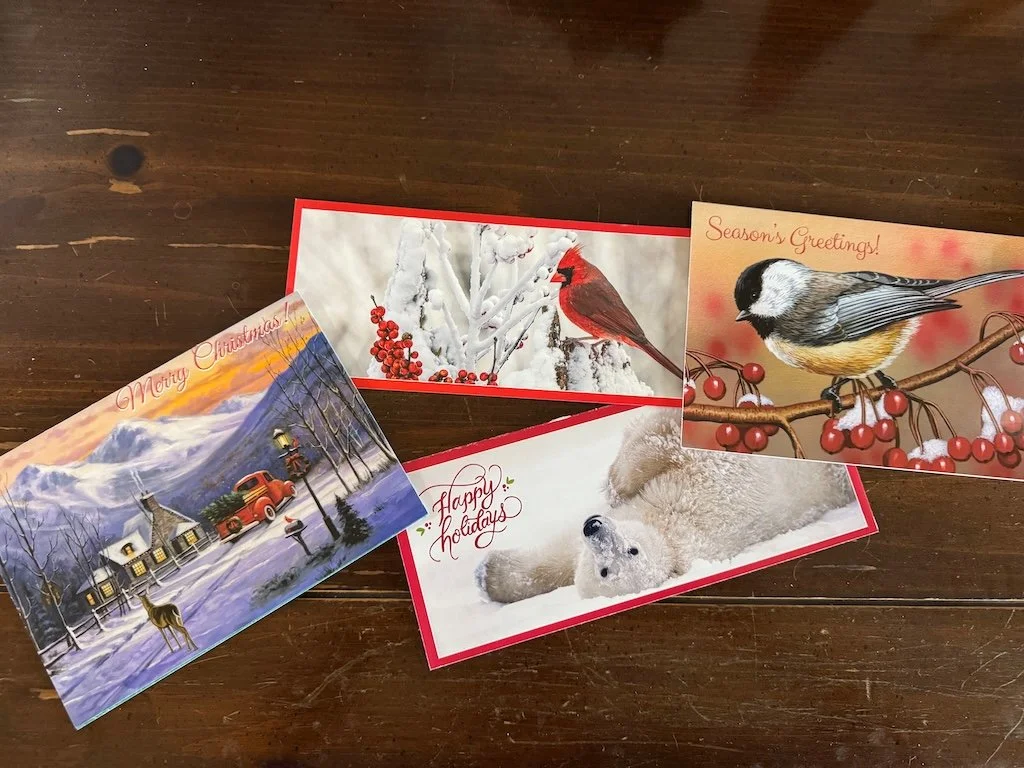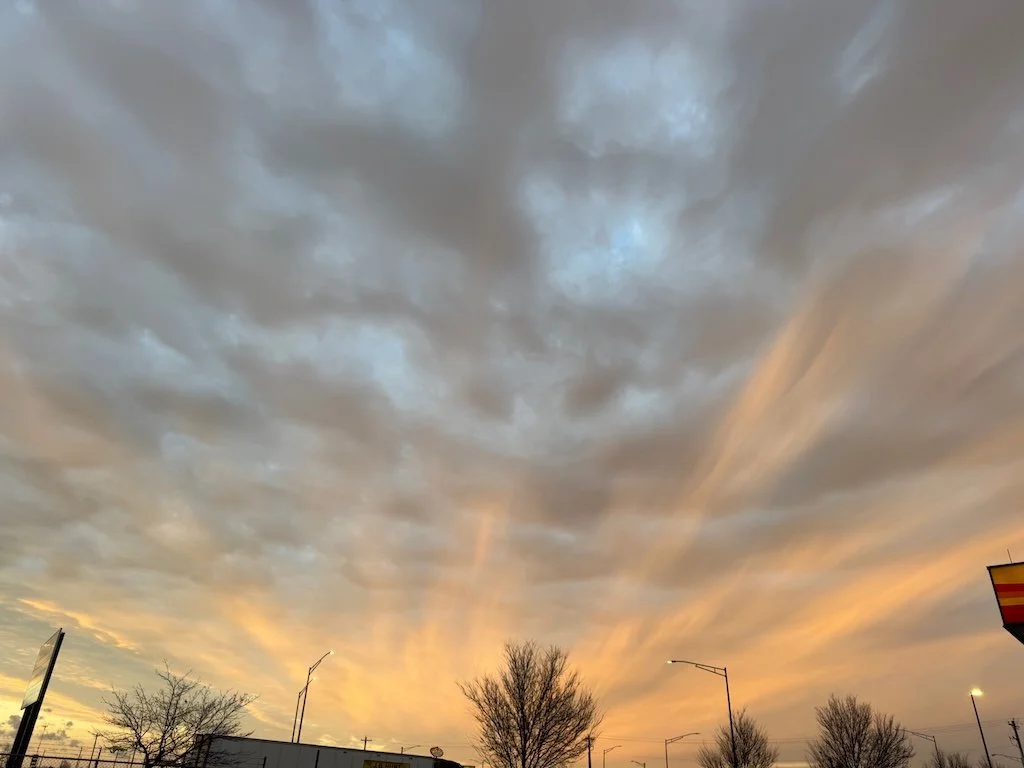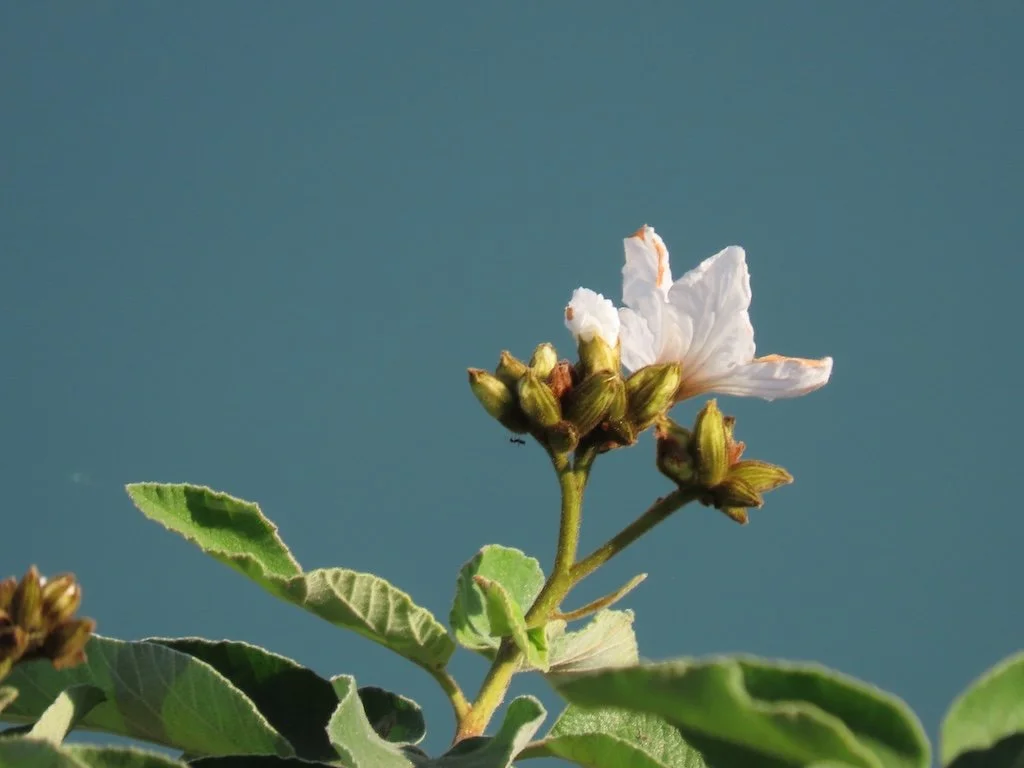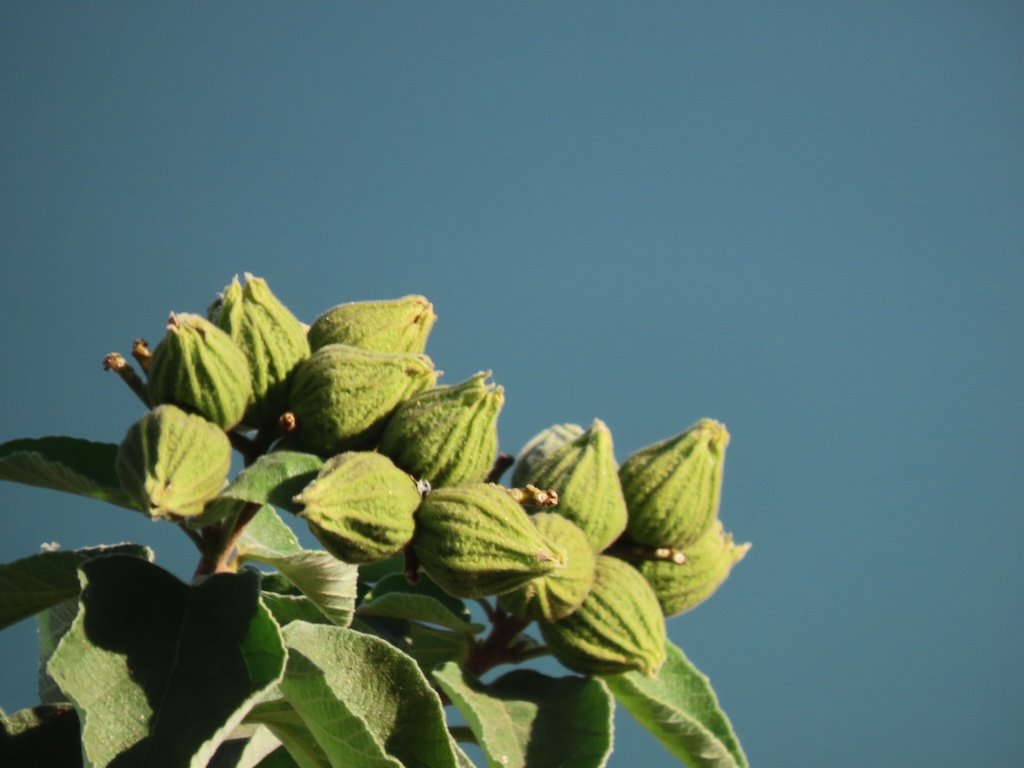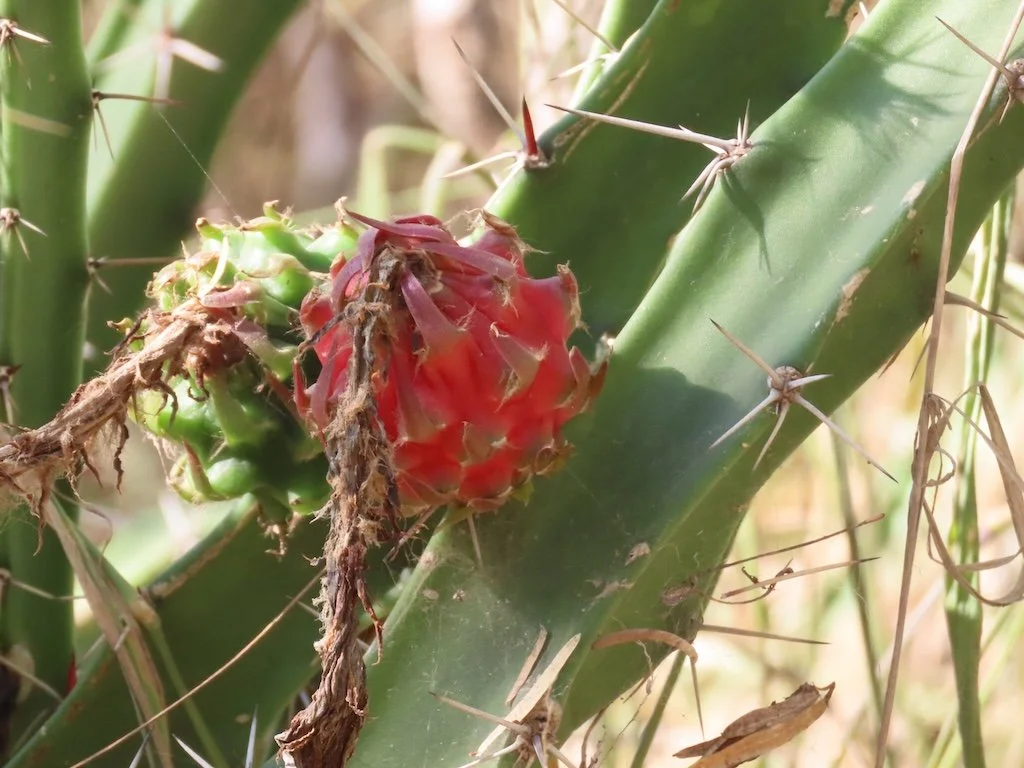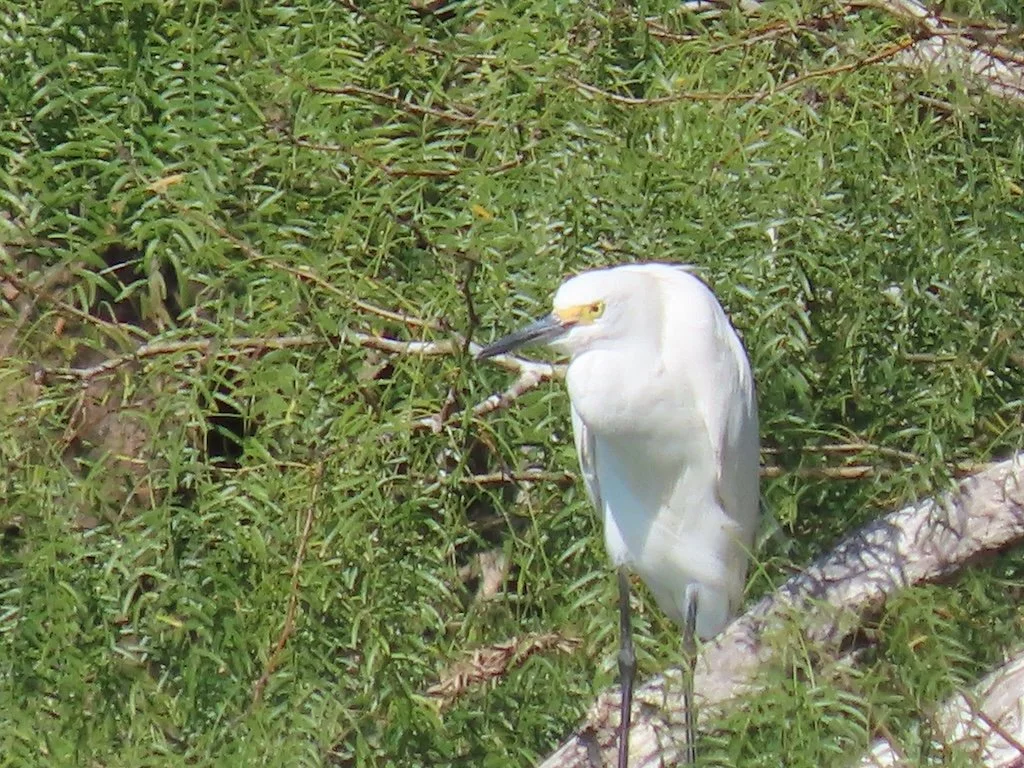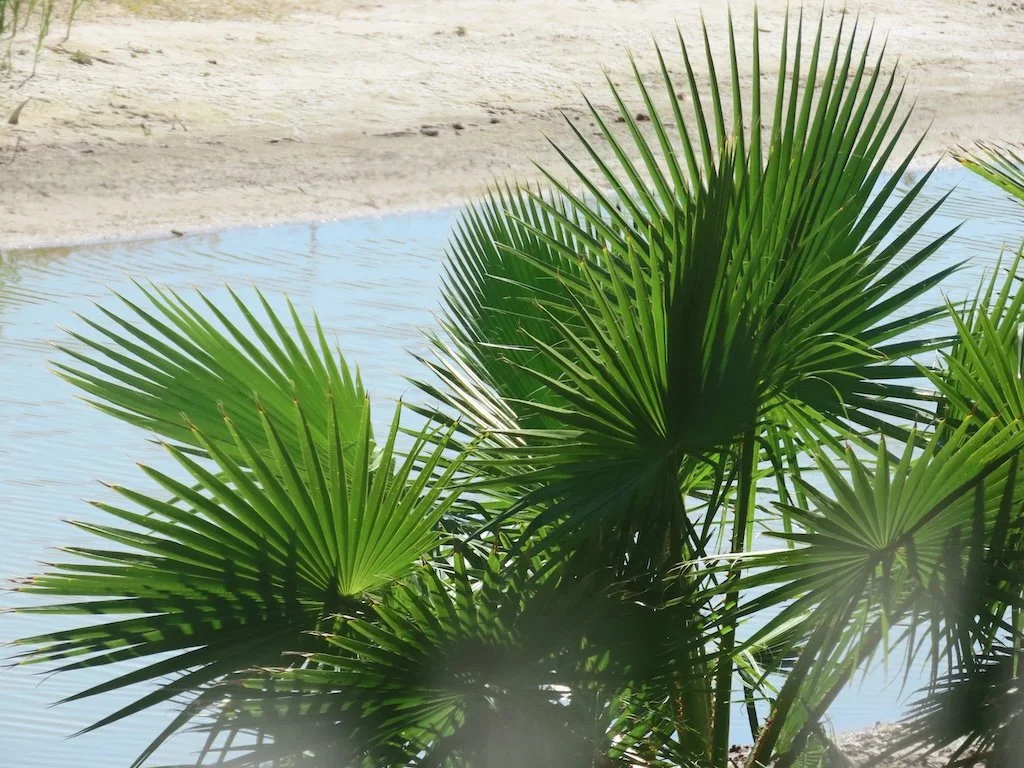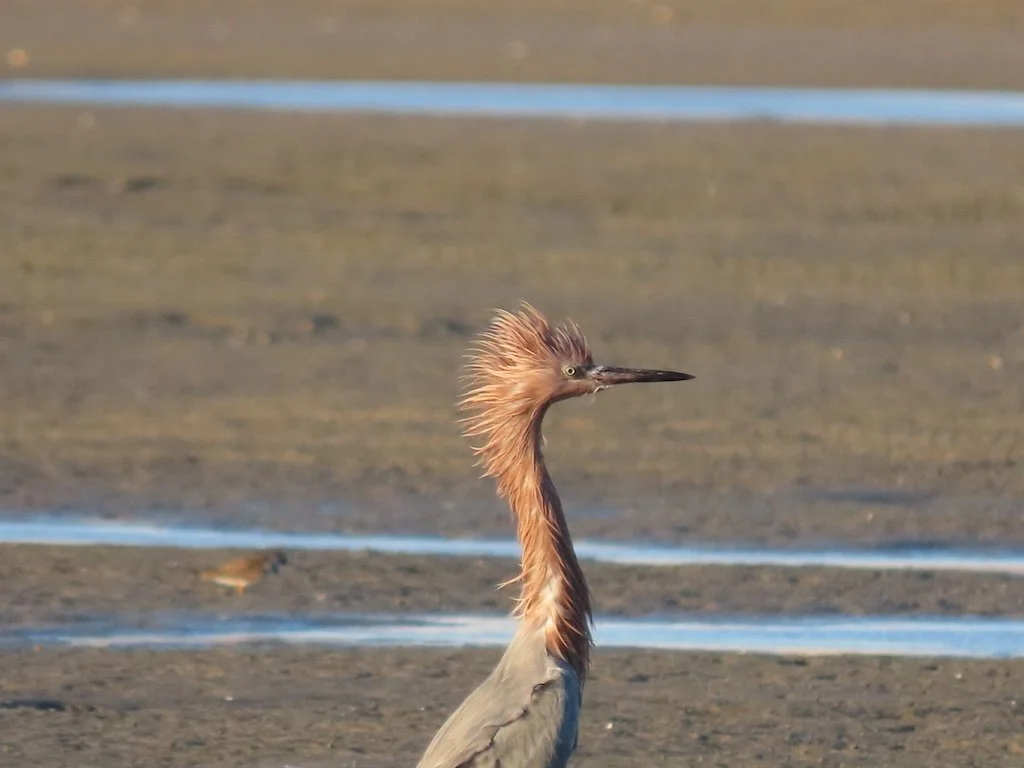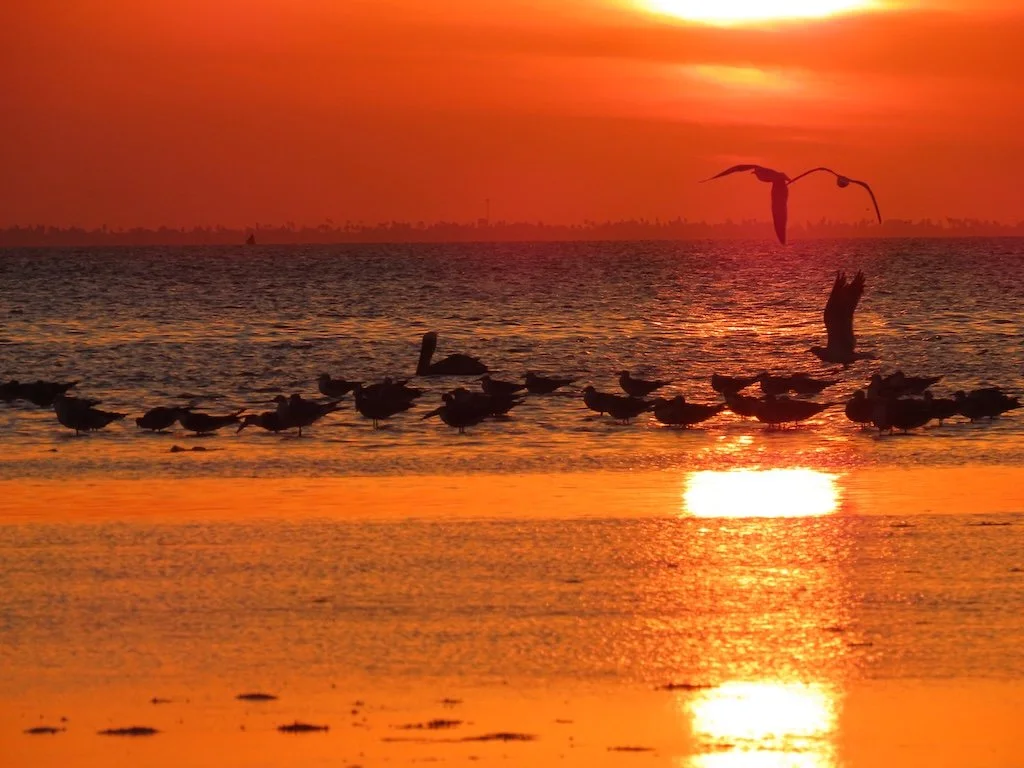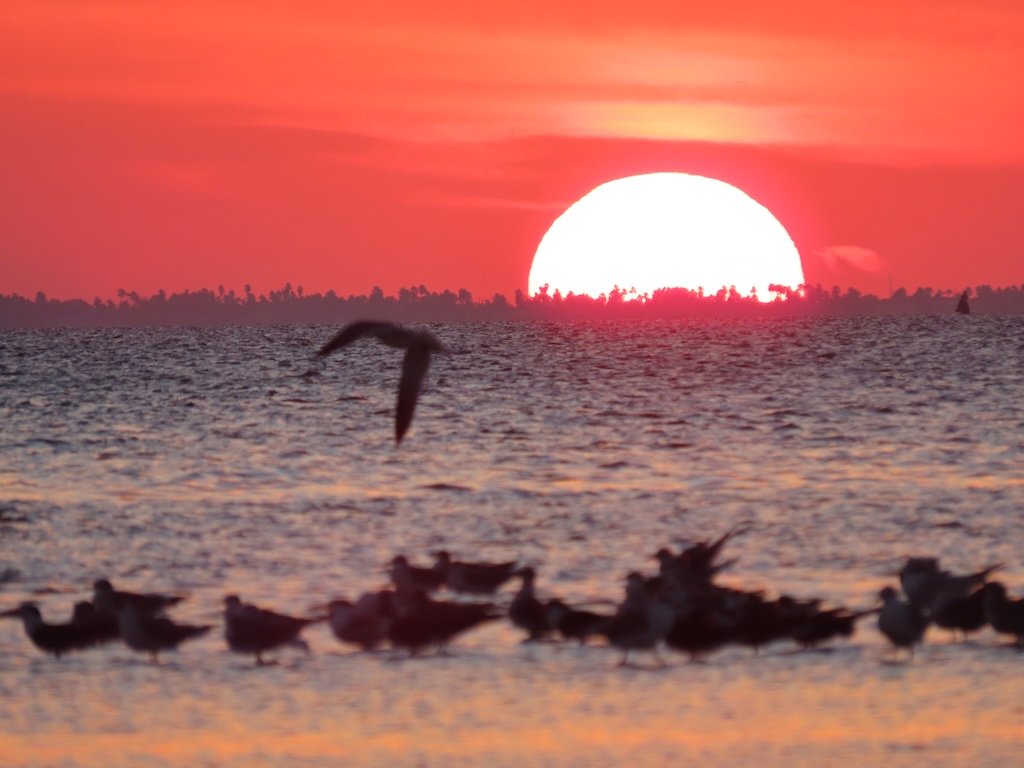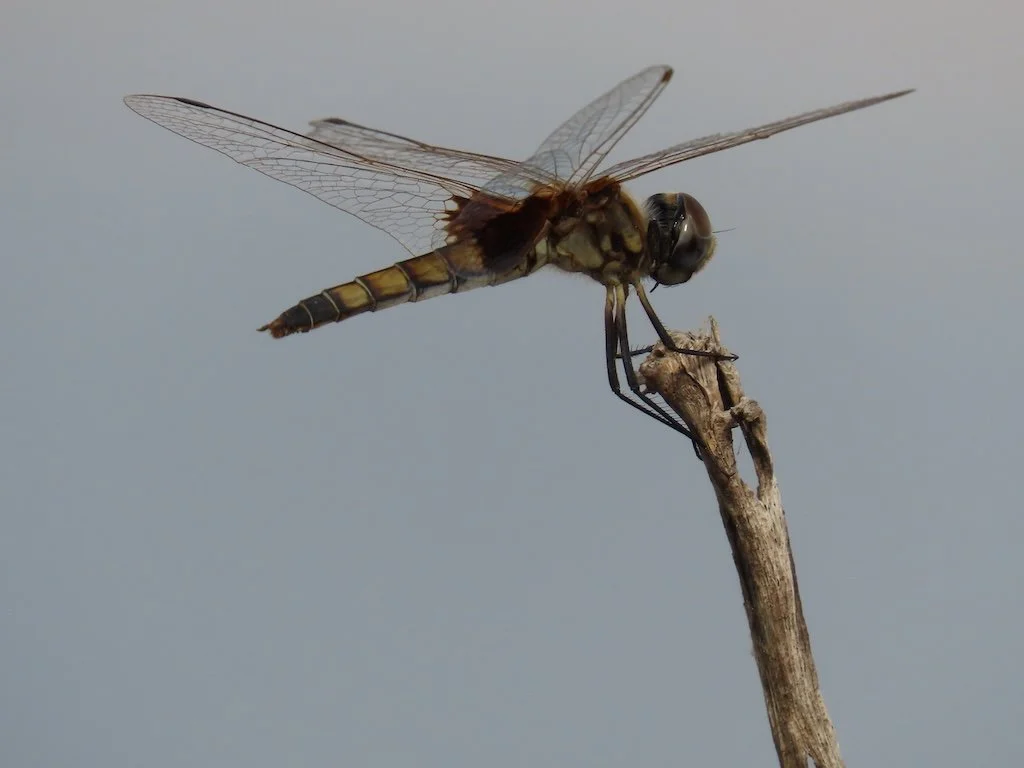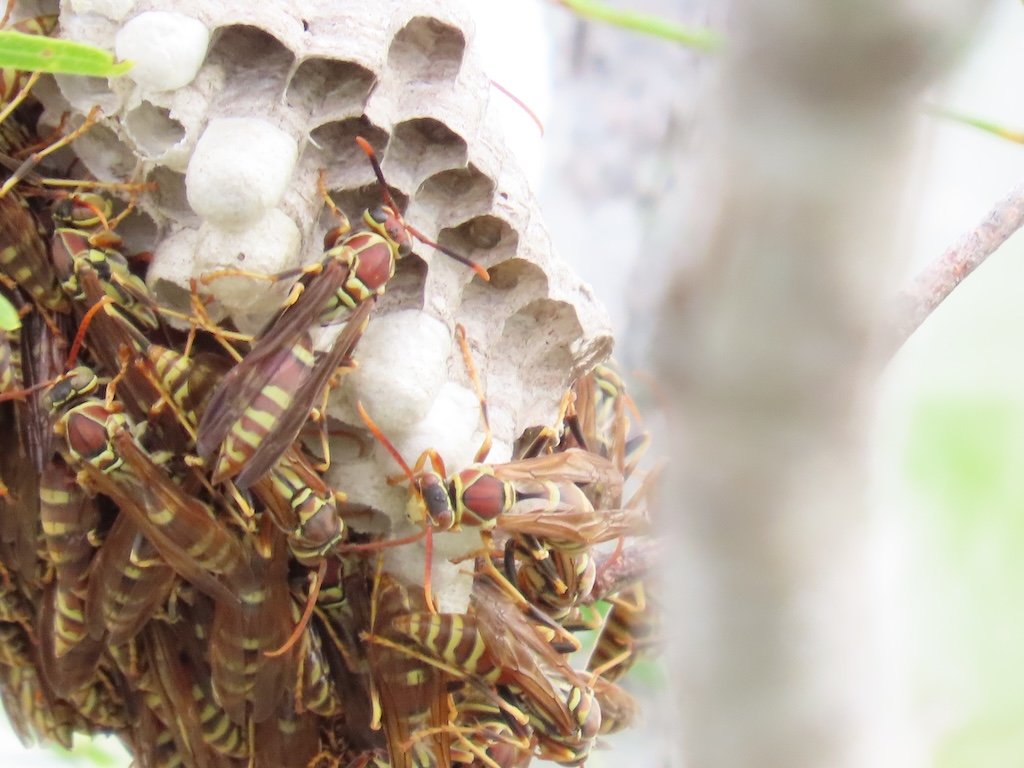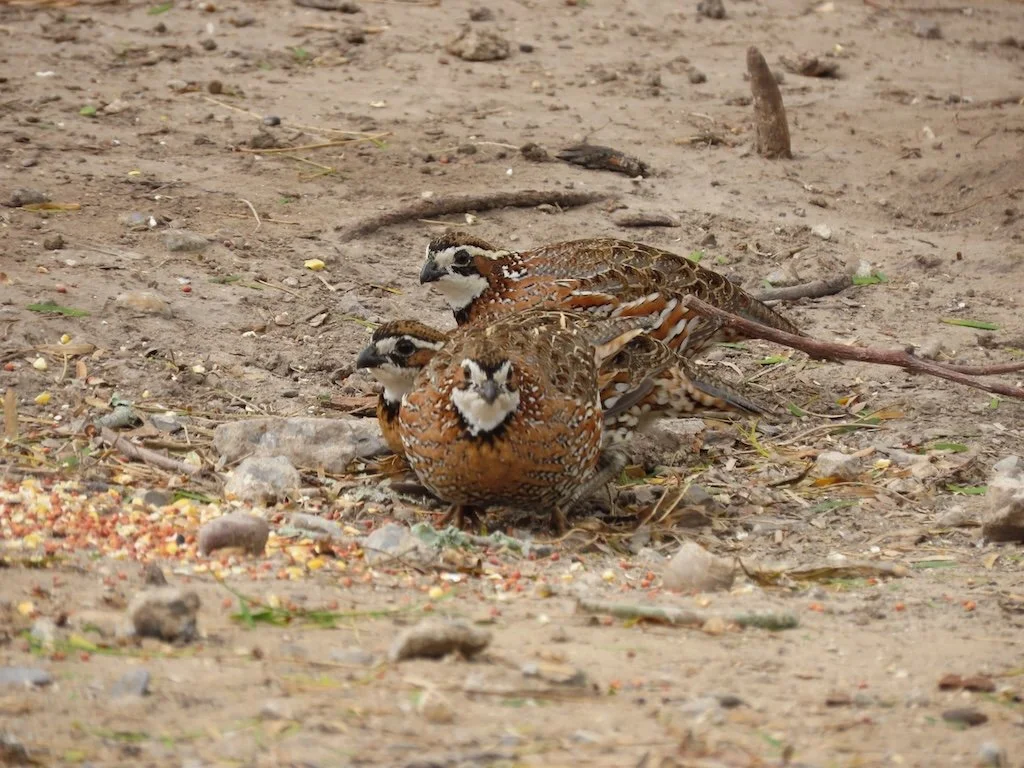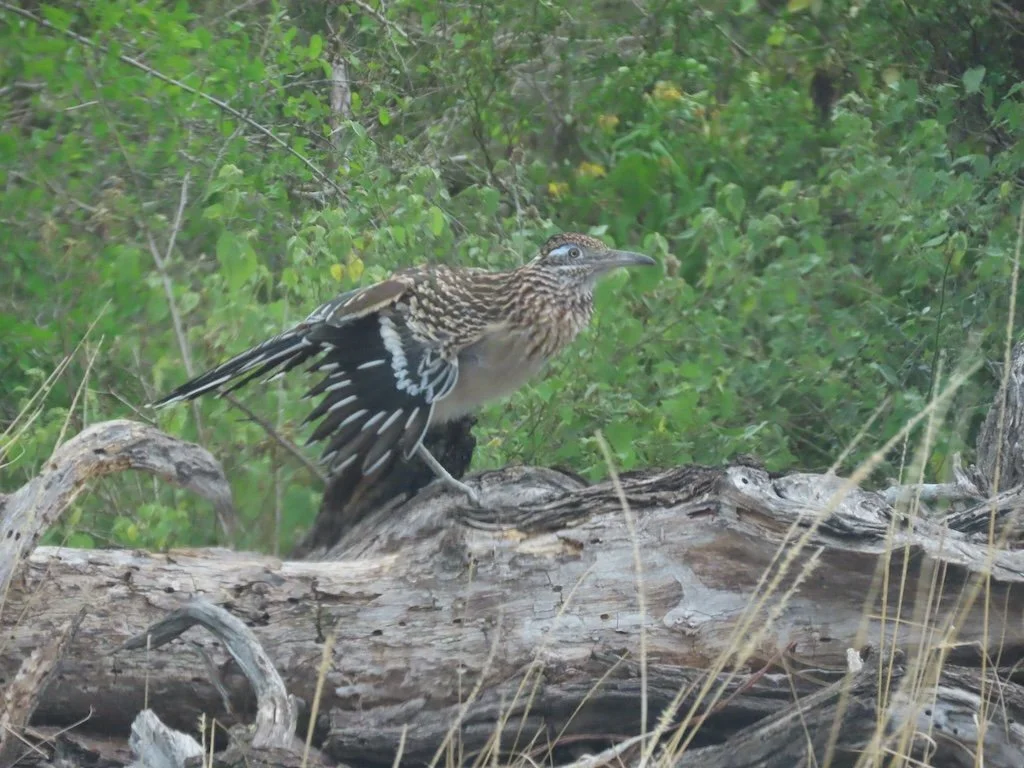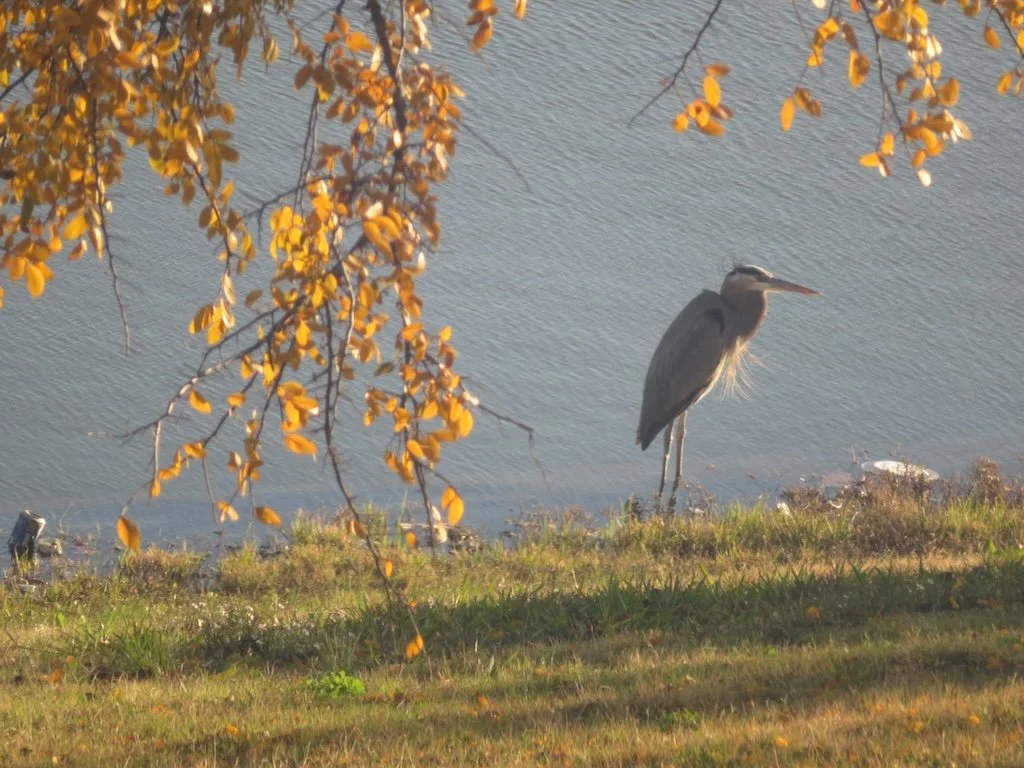Gleanings of the Week Ending April 1, 2023
/The items below were ‘the cream’ of the articles and websites I found this past week. Click on the light green text to look at the article.
Climate change threatens spring wildflowers by speeding up the time when trees leaf out above them – Evidently the trees and wildflowers in eastern North America are the ones getting the most out of sync.
The mystery of Alice in Wonderland syndrome (AIWS) – AIWS (or Todd’s syndrome) affects the way people perceive the world around them and can distort the way they experience their own bodies and the space it occupies. There are 40 types of visual distortions that characteristic of the syndrome. It was formally described as a distinct syndrome in 1955. Up to 30% of adolescents reported mild or transient experiences. Cough medicines and illicit hallucinogenic substances are also known to trigger it. Sometimes medical conditions like strokes or brain tumors can cause the syndrome as can infections.
Chinook salmon fishing season canceled off coasts of Oregon, California – Dwindling numbers of Chinook salmon in the states’ largest rivers following years of drought.
In Florida, an invasive snail is helping save an endangered bird – We heard about this during a birding trip to central Florida pre-pandemic. It probably is one of the few examples when an invasive species has produced a positive outcome.
Garbage to Guts: The Slow-Churn of Plastic Waste – Lots of microplastics in the world…and they are in our food chain. Ongoing exposure decreases beneficial gut bacteria and increases pathogenic species. A lot more research needs to be done since, right now, we don’t know very much about impacts of microplastics – not just to the overall environment but to our own bodies.
With Heat from Heat Pumps, US Energy Requirements Could Plummet By 60% - Thinking about heat….and the ‘rejected energy’ (mostly heat) in our current energy consumption. The idea is to use heat pumps to dramatically reduce ‘rejected energy’ in future energy consumption.
Entire populations of Antarctic seabirds fail to breed due to extreme, climate-change-related snowstorms – Evidently the December 2021 - January 2022 breeding season for south polar skua, Antarctic petrel, and snow petrel was so disrupted that there were almost no young produced.
Why don’t humans have fur – Interesting…but we really don’t know. The genetic research associated with the question could have practical application for people that need to stimulate hair growth (like after chemotherapy or balding).
2021 Was A Very Good Year for Nesting Wading Birds In The Everglades – Hurray! Some good happening in the Everglades. There are so many stories about the impact of invasive species (like Burmese pythons) that this is welcome news.
Meet the sargassum belt, a 5,000-mile-long snake of seaweed circling Florida - In the open sea, sargassum can soak up carbon dioxide and serve as a critical habitat for fish, crabs, shrimp, turtles, and birds…all positive. But when sargassum gets close to shore it can smother coral reefs, alter the water’s pH…and then onshore it begins to rot within 24 hours releasing irritants like hydrogen sulfide which smells like rotten eggs or manure and can cause respiratory problems. And it often contains significant amounts of arsenic so not a great addition to a compost pile. The mass of sargassum has been increasing since 2011 --- probably in response to elevated nutrients (runoff from fertilizer, burning biomass, increasing wastewater from cities, etc.) we have released into the ocean. Sargassum has come ashore in Yucatan and Key West recently.

